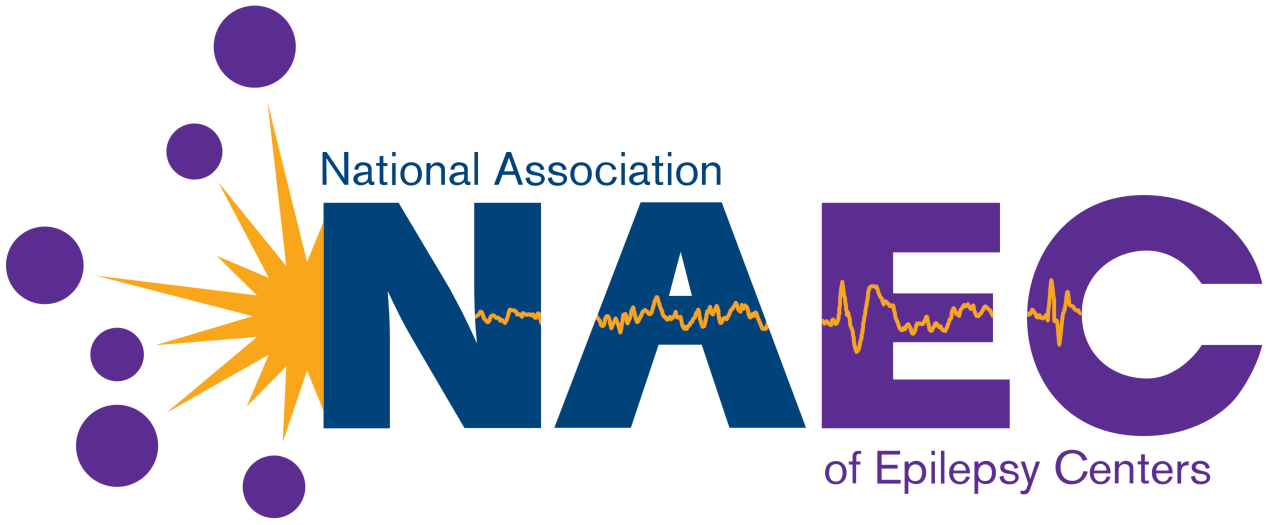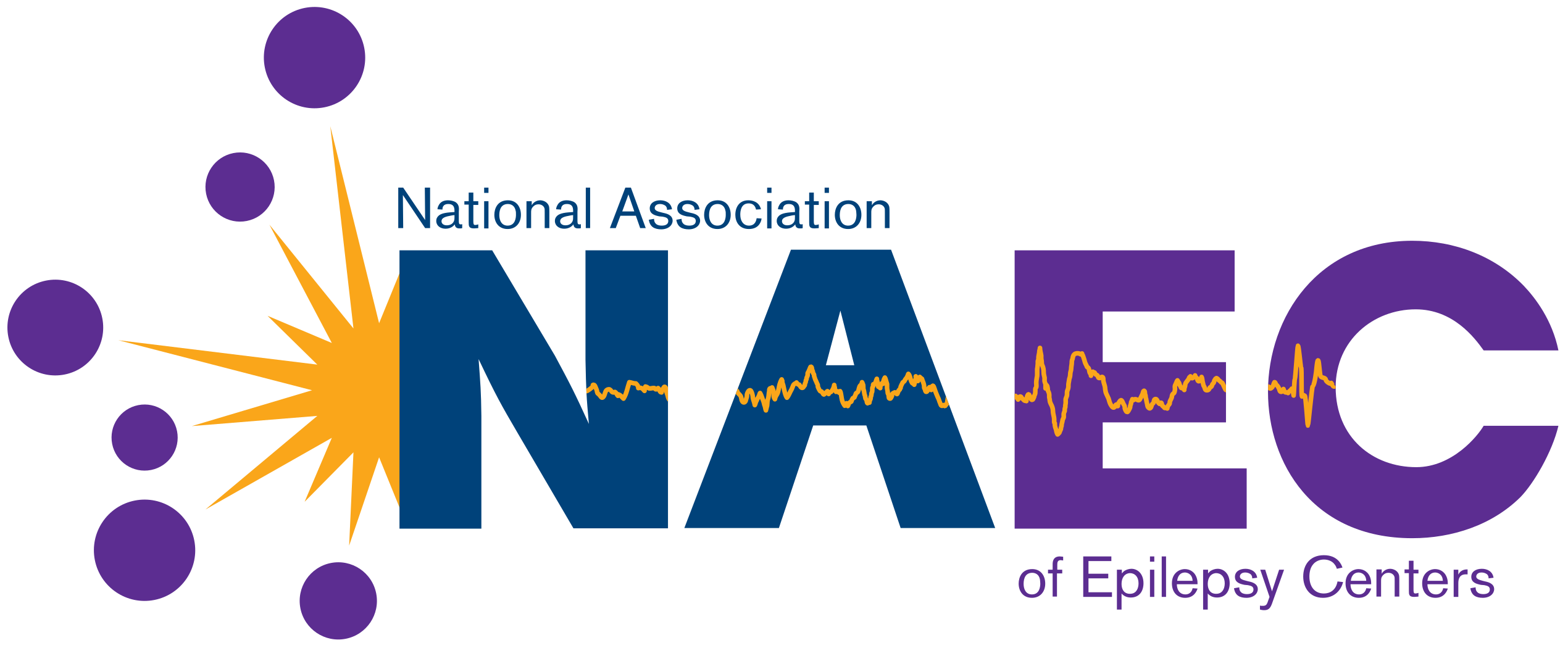Primary Care: Typically, epilepsy care starts with an evaluation at an emergency room or a primary care physician’s office. This is considered the first level of epilepsy care. For many patients the first anti-epileptic medication tried will effectively control seizures without causing side-effects. If seizure control is obtained, no further specialized epilepsy evaluation may be needed.
Neurologist: If seizures persist and cannot be brought under control by the primary care provider within three months, further neurological intervention is appropriate with a general neurologist. A neurologist is a physician that specializes in diseases of the brain and central nervous system. Once seizures are under control, care can be transferred back to the primary care provider.
Epileptologists and Specialized Epilepsy Centers: Patients who are not responding to standard medical therapy who have either persistent seizures or side effects should be referred to an epilepsy specialist, known as an epileptologist or to a specialized center. Epilepsy centers provide a comprehensive team approach to the diagnosis and treatment of epilepsy. The goal is to control or at least reduce the frequency of seizures and side effects for patients.

